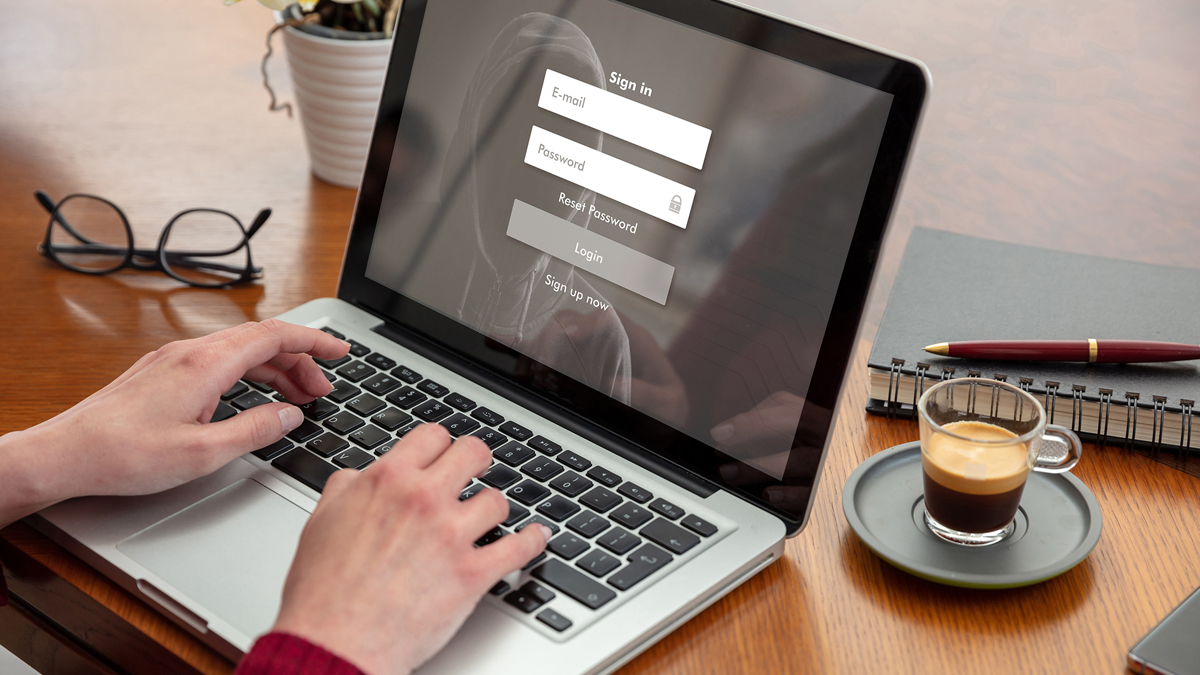7 Ways to Secure Your Personal Online Data
General

![]() Posted by: Kosciusko Connect
2 years ago
Posted by: Kosciusko Connect
2 years ago
Is your personal online data safe from the growing security threats that are, unfortunately, a regular part of our online world? It’s a question every internet user needs to ask themselves.
Given the threats of phishing, ransomware, and other scams, it’s worth taking stock of your current online security and considering additional measures you can take to protect yourself.
Below are several tips to help you and your family better secure your online data and navigate the online waters more safely.
1. Invest in Quality Anti-Virus Software
Antivirus software is an essential tool in your digital toolbox. It can help protect you and your family from threats that could steal your personal information, login credentials, and other sensitive data. Popular programs include McAfee Antivirus Plus, Norton Antivirus Plus, Bitdefender Antivirus Plus, and ESET Digital Security.
2. Review and Activate the Privacy Settings on All Connected Devices
Most devices like computers, laptops, tablets, and smartphones come equipped with security features and privacy settings designed to protect users from digitally sharing personal details, such as your name, email address, and location, while browsing online. Though none of these settings are totally foolproof by themselves, they can be a helpful first line of defense against many common threats. Be sure to review the privacy settings on each device and choose the level of protection with which you are most comfortable.

3. Share Personal Information Carefully and Sparingly on Social Media
People use social media to share details of their lives without thinking much about what personal information they might be giving away. From birthdays to anniversaries to new addresses, social media pages can be a treasure trove of personal data that can tip off hackers to passwords and security question answers. Think carefully about what information should and shouldn’t be shared—especially when filling out those seemingly innocuous “copy and paste” surveys.
4. Check Privacy Settings on Apps with Logins
Let’s face it—when installing a new app or logging into certain e-commerce or other websites, it’s just easier and faster to log in with our Facebook or Google accounts, rather than reentering our personal details for the umpteenth time. But that means you need to be careful with the data and information Google and Facebook share with the other apps. Be especially attentive to the “permissions” you grant Facebook and Google through their privacy settings, as they connect your accounts with these other Apps.
5. Install Ad Blockers and Tracker Blockers
Consider installing adblockers and tracker blockers. Ads are annoying, but they can also learn some information from your devices that you would rather not share unknowingly. Similarly, trackers can “follow you” around the internet as you leave a trail of your online activity.
A few popular programs to consider are AdBlock Plus, which blocks ads and disables trackers, uBlock Origin, a content blocker, and Stands Fair AdBlocker, an adblocker and tracker blocker. Ad blockers and tracker blockers like these can often be installed directly onto your web browser.

6. Use a Password Manager
Another simple way to manage your online security is to install a trusted password manager tool on your devices. Password managers keep your passwords secure in an encrypted vault, and simplify the process of logging into a website or app. All you need is one password to unlock access to any login, which also makes it possible to create complex passwords for each login without having to remember them all.
If you want to try a password manager, consider tools like NordPass, 1Password, or Dashlane.
7. Establish a Virtual Private Network (VPN)
Finally, consider establishing a Virtual Private Network. VPNs can provide extra layers of protection and privacy on top of the other measures suggested above. A VPN moves your data through a “tunnel” to a separate, secure server first, and then encrypts your personal data before it hits the web, shielding and even hiding sensitive aspects of the data, such as your location, from potential threats.
There are many VPN service providers, including NordVPN, ProtonVPN, CyberGhost, ExpressVPN, and SurfShark. Another option, TunnelBear, is a more user-friendly option for first-time VPN users. Before you choose a provider, make sure you’re not opting for a free service. Although it may seem like the wiser option, paid services are more trustworthy. When choosing a VPN service, also remember to read the user agreement, so you know exactly what access you’re giving to the provider.
The tips above are a good start to protecting your privacy and online data. And by employing these and other safeguards, you can use fast fiber internet from Kosciusko Connect confidently, as well as reliably!
Further reading:
Categories:
About: Kosciusko Connect
You May Be Interested In:

How Does Arlo AI-Powered Motion Detection Work?
4 months ago by Laura Seney

Top 5 Things to Look for in a Security Camera System
6 months ago by Kosciusko Connect

The Future of Connectivity: Why Fiber Internet is Revolutionizing Warsaw, Indiana
8 months ago by Kosciusko Connect

Easter Coloring Contest
1 year ago by Kosciusko Connect
Ready to Get Connected?
Do you have questions or need assistance? Our customer service team is just a call or click away. Contact us today for personalized help!